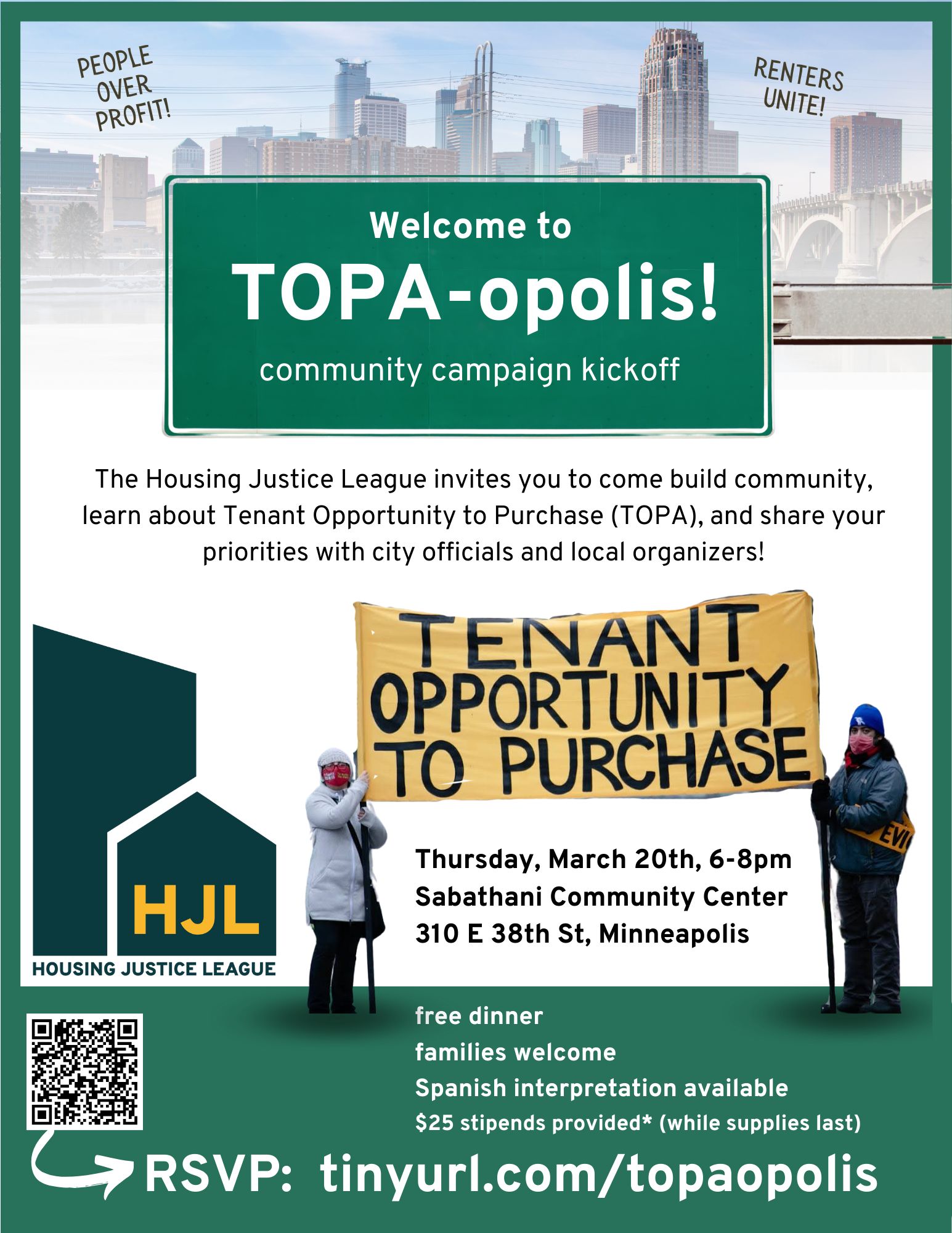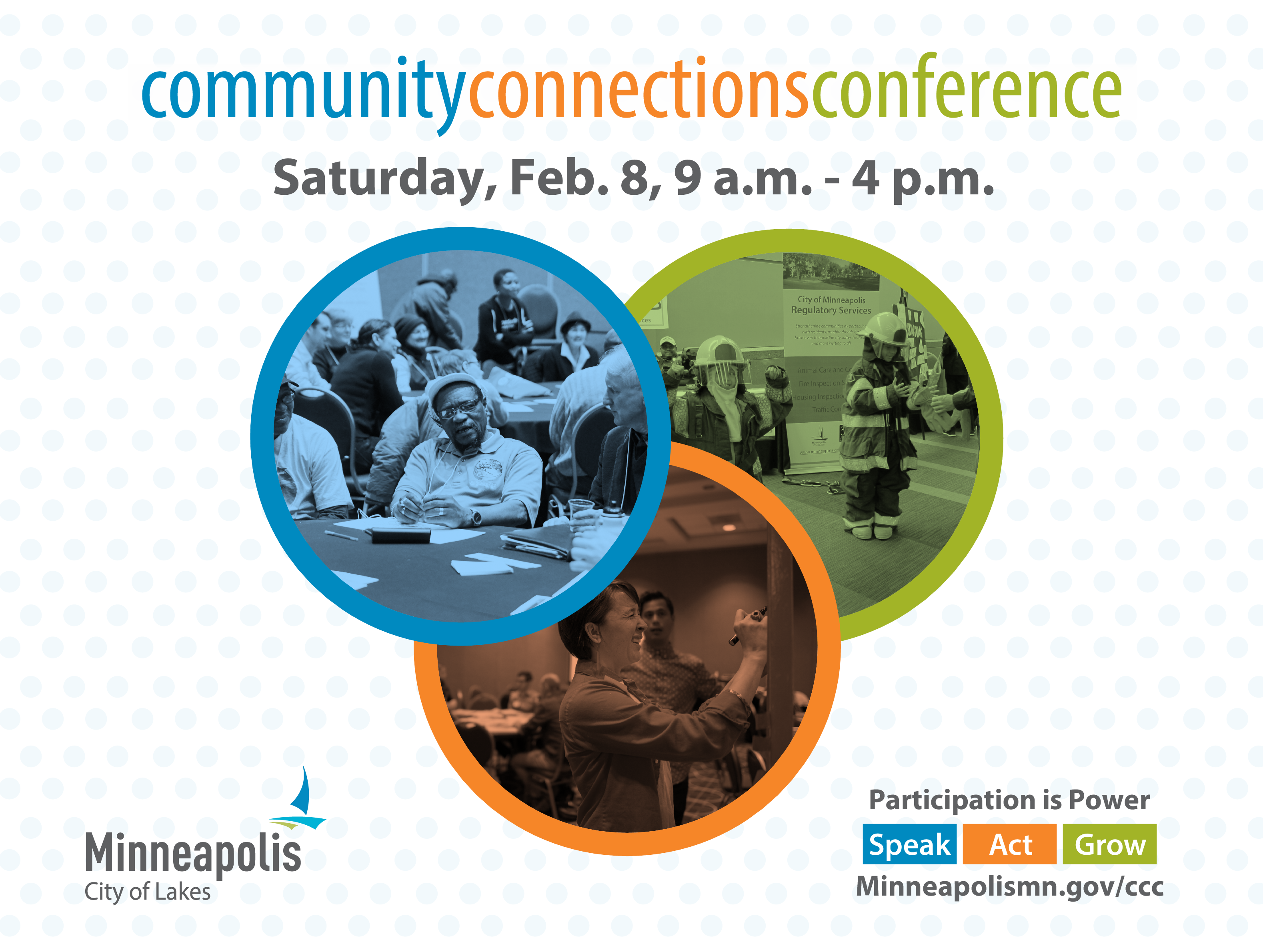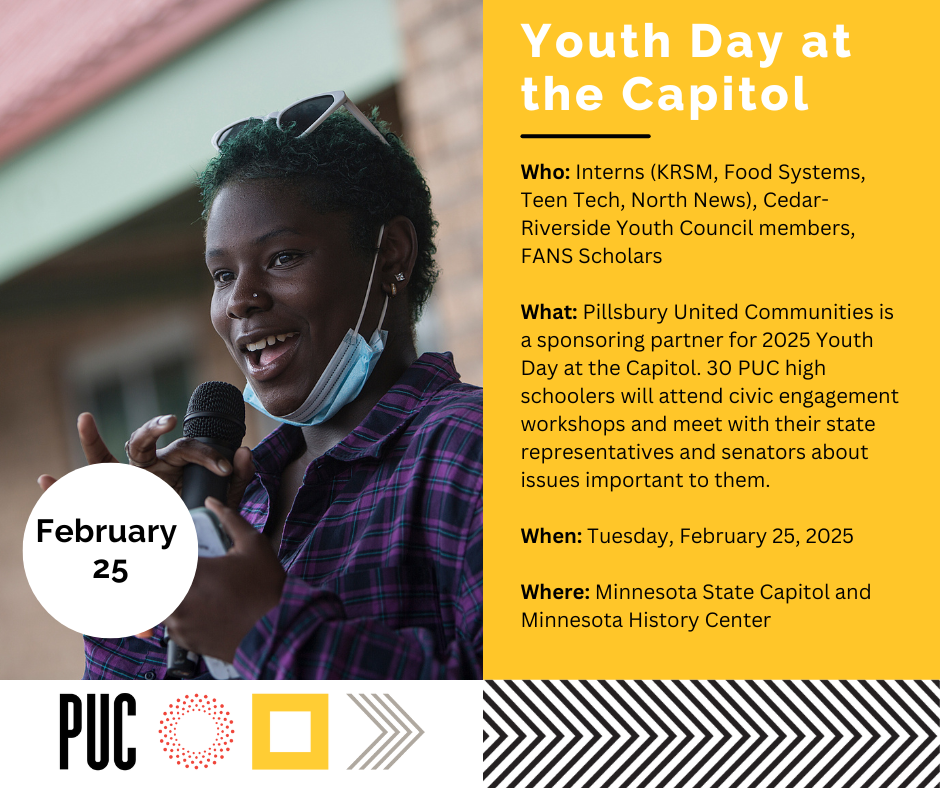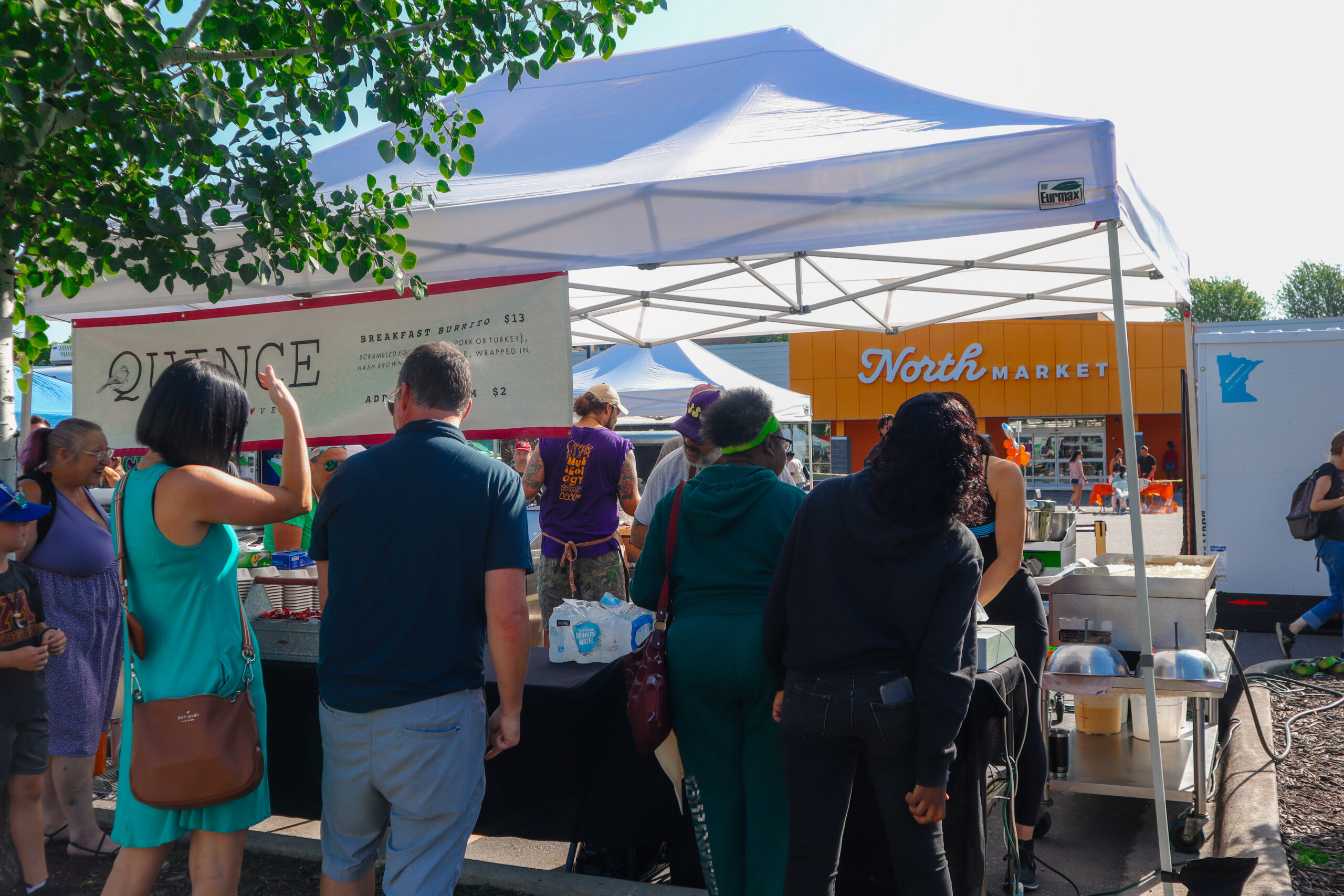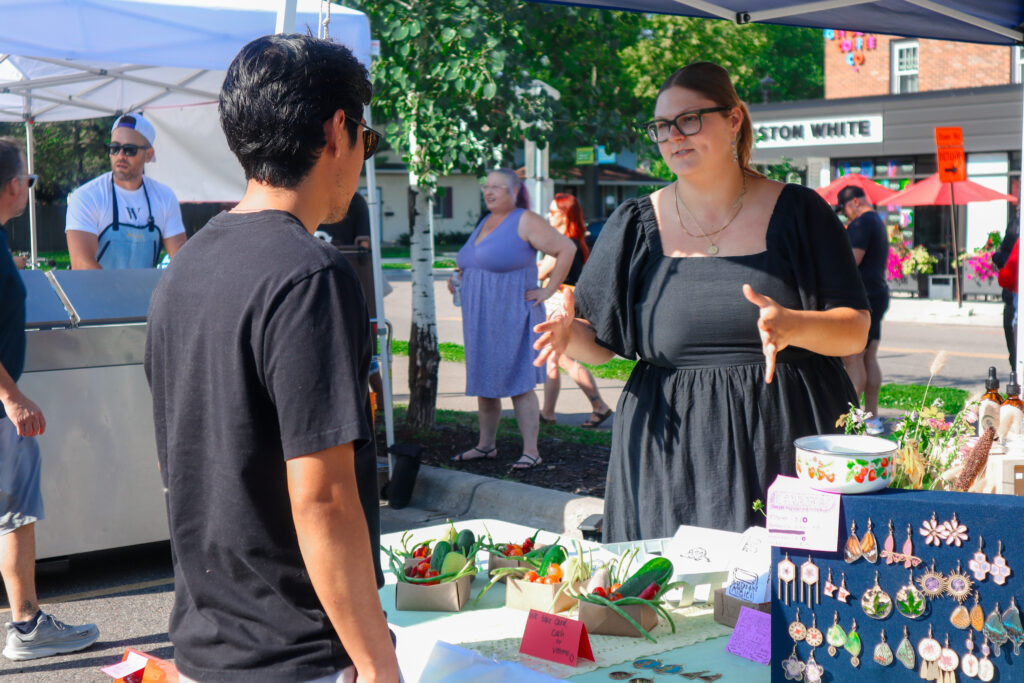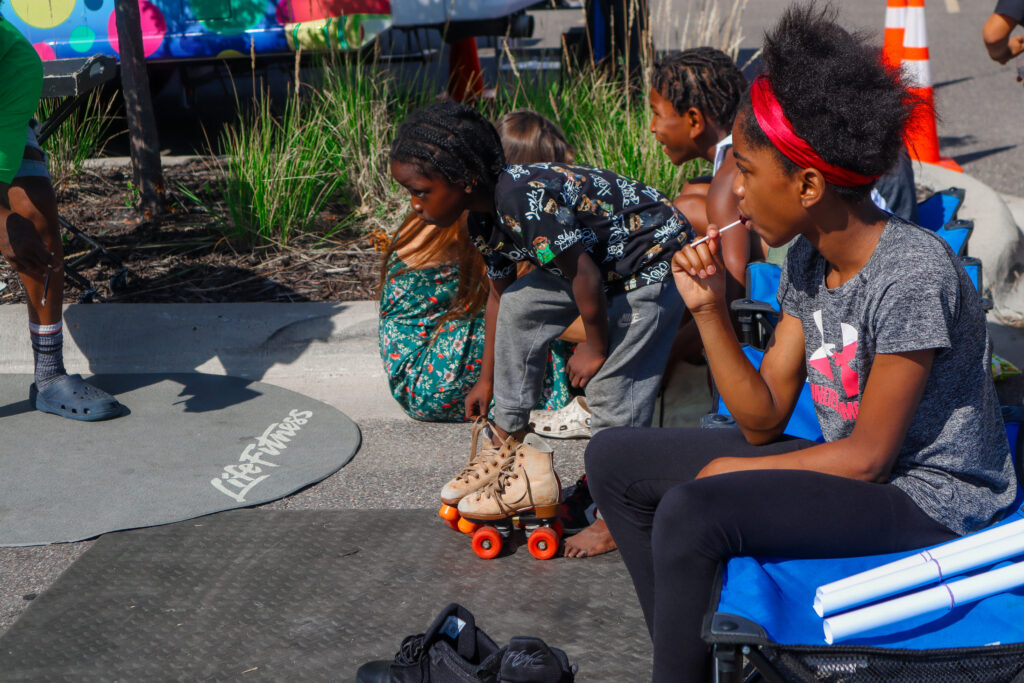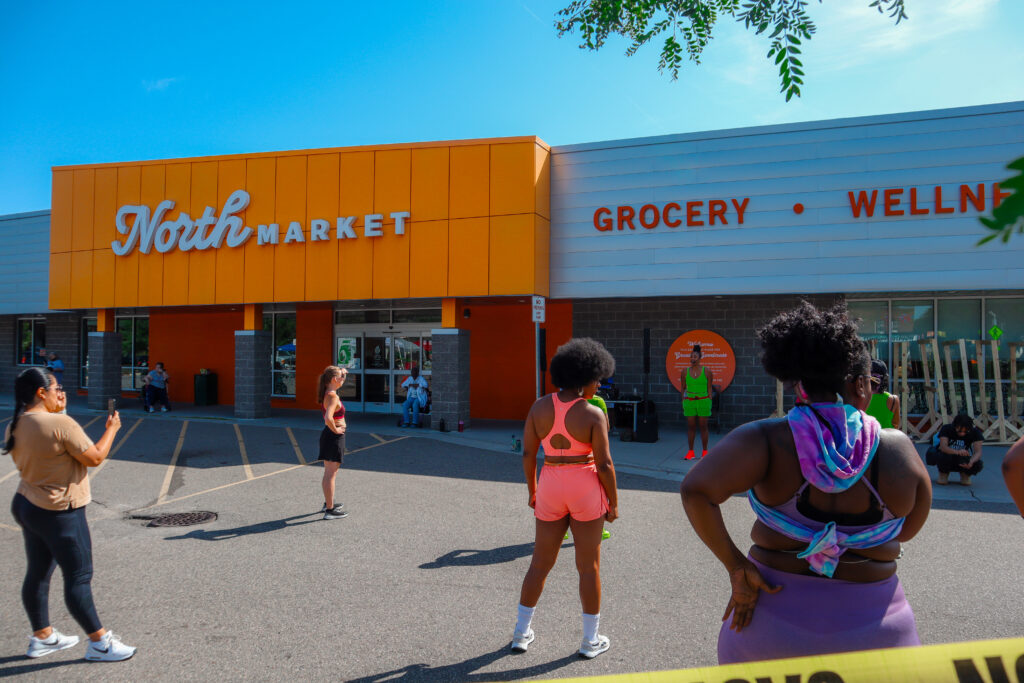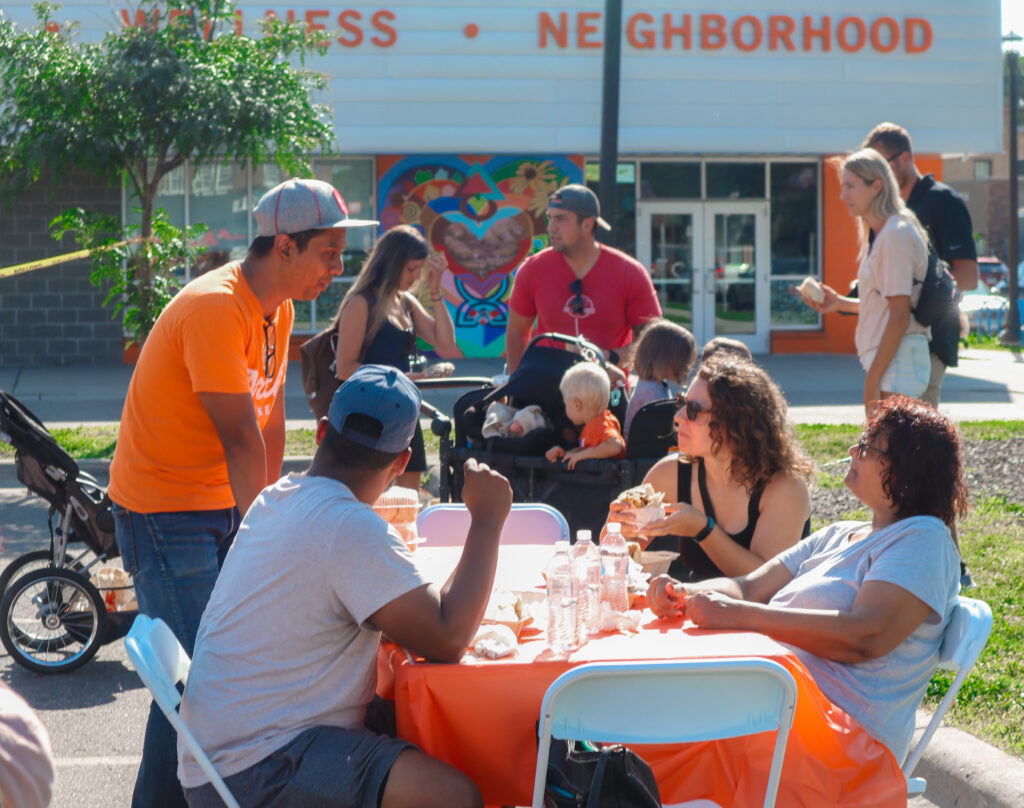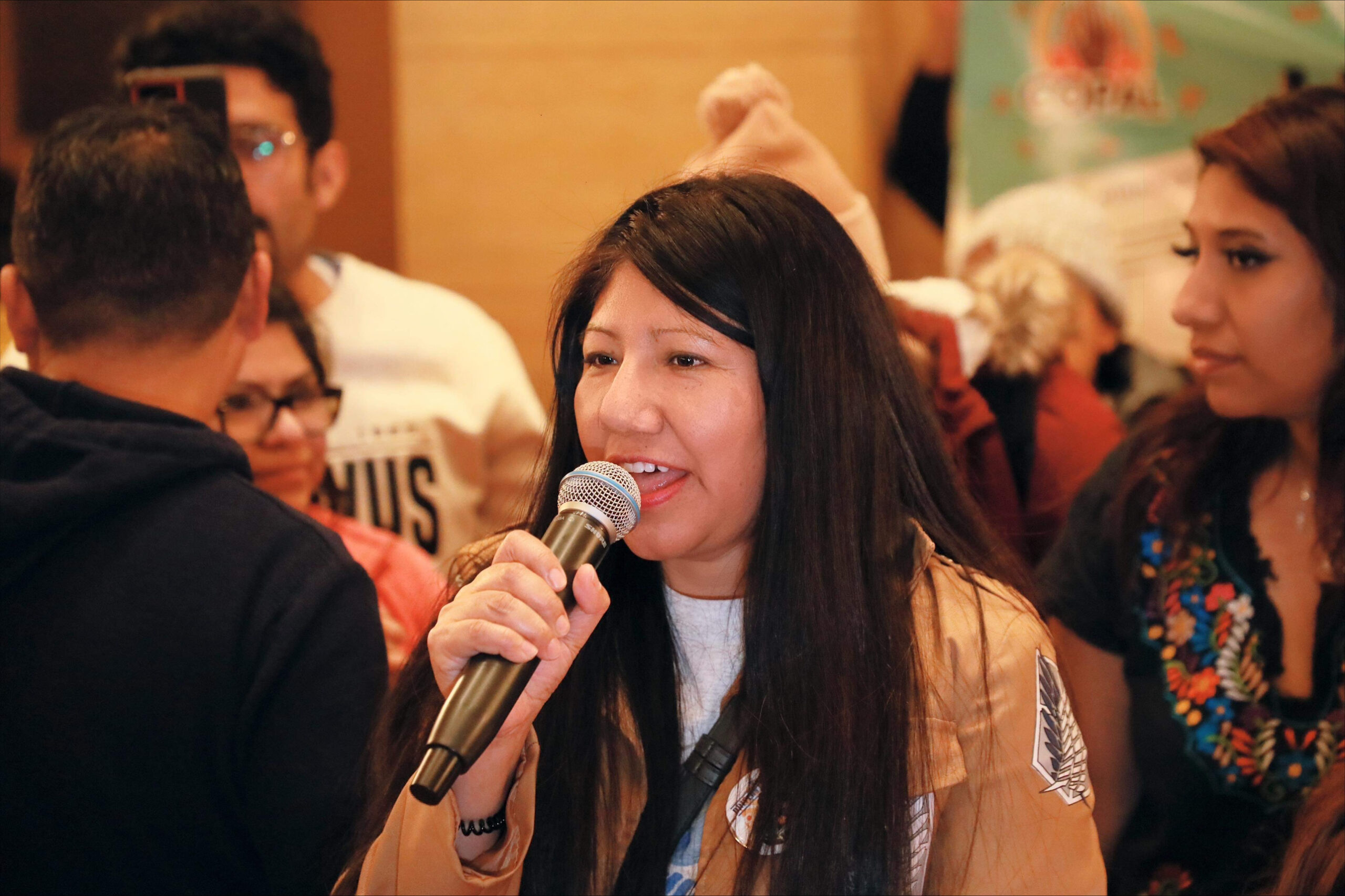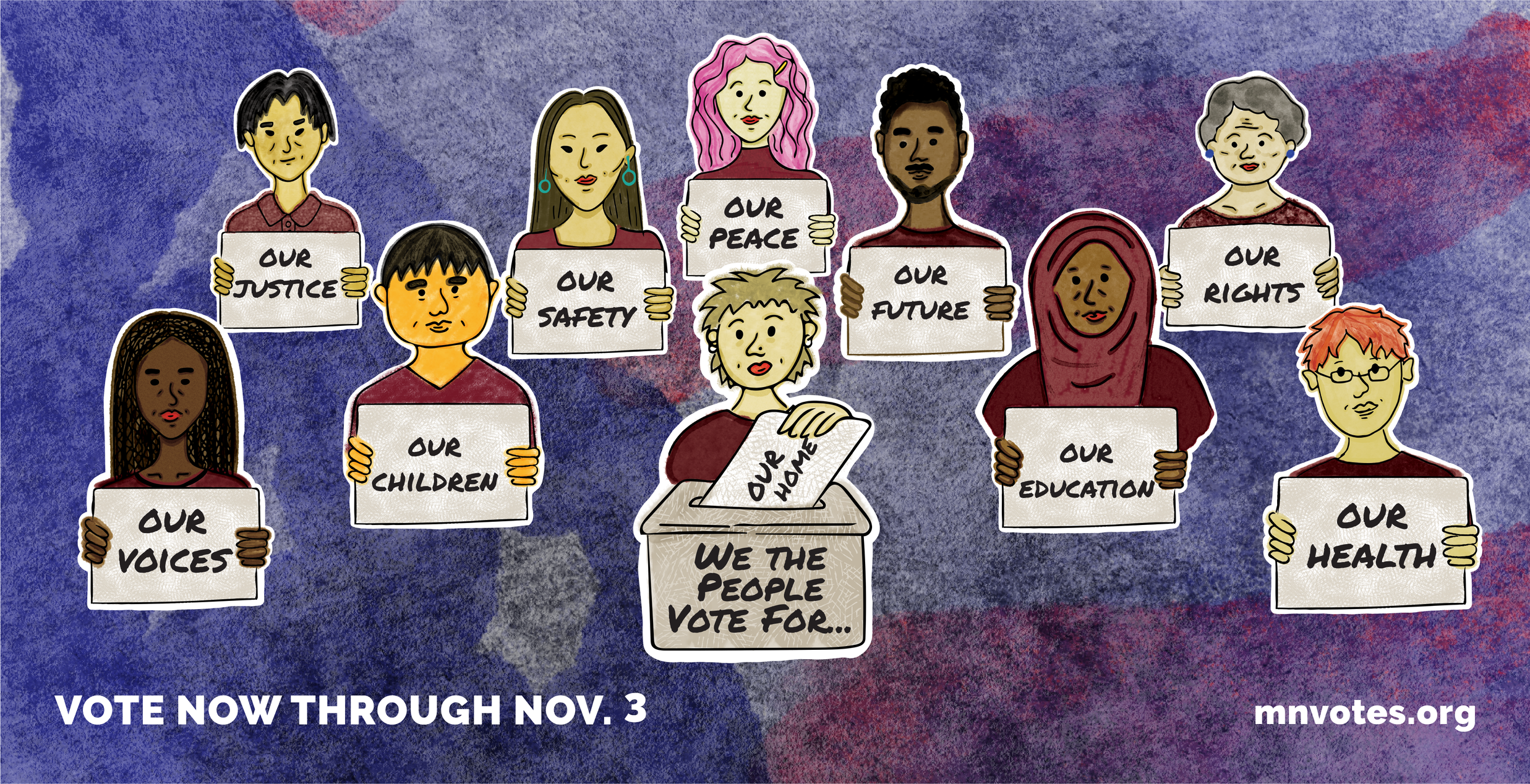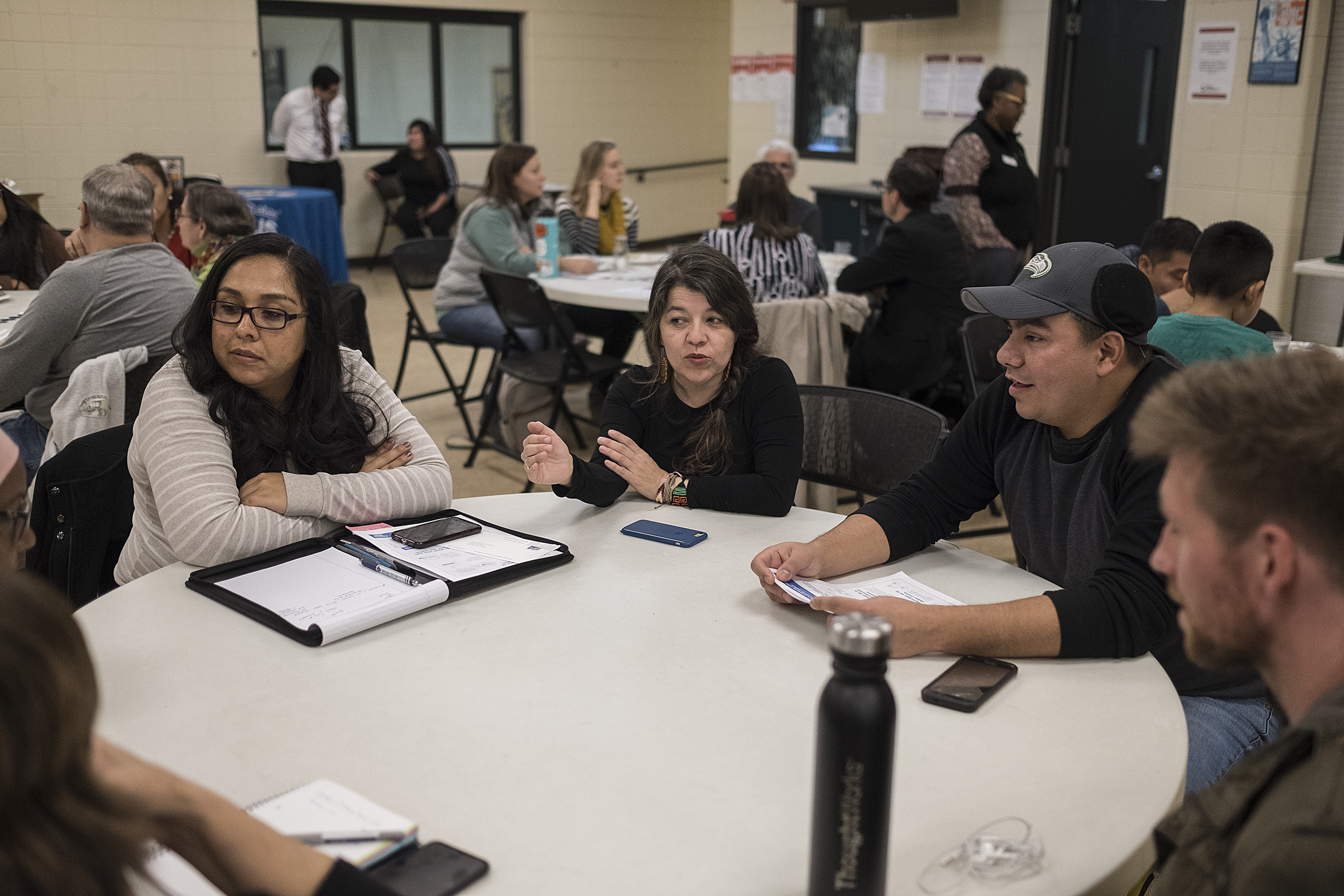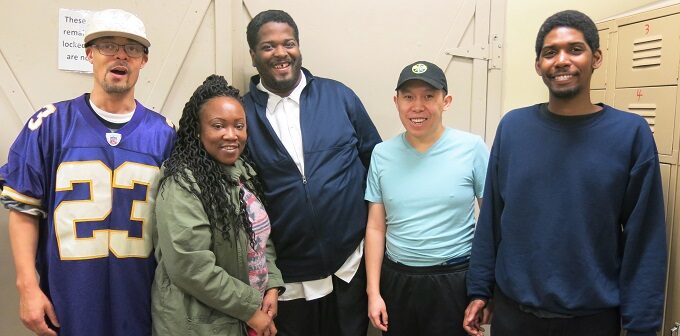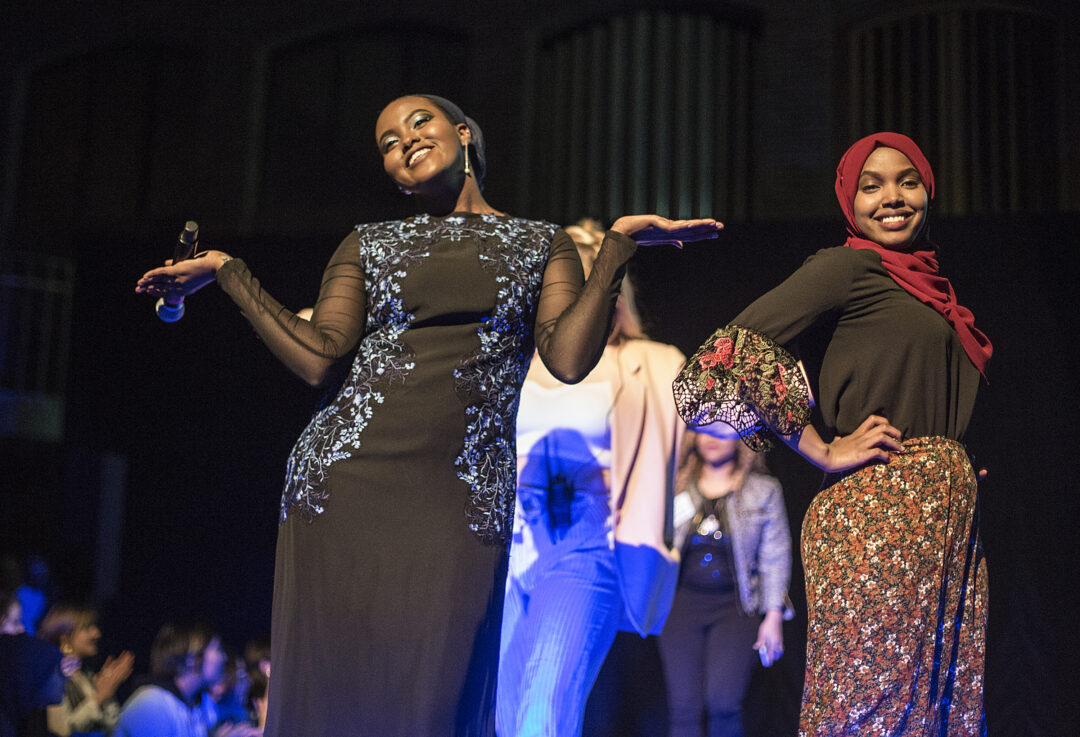
On February 26, 2025, six North News interns joined hundreds of high school students from across Minnesota for Youth Day at the Capitol, an event aimed at empowering young people to engage in the legislative process. The day began at the Minnesota History Center, where interns participated in an advocacy training session led by the Minnesota Youth Council. During the session, students learned how to advocate for issues they are passionate about, craft effective advocacy statements, and share their perspectives with lawmakers. Several North News interns took the opportunity to present their own advocacy statements, including Clarence Ransom, who spoke about undocumented immigrants’ rights.
Following the training, the interns explored the Smithsonian exhibit “Girlhood: It’s Complicated,” which examines the evolving experiences of girls in American history. They also visited exhibits on Native American history in the U.S. and the history of mining in Minnesota, gaining a deeper understanding of the state’s industrial and cultural past.
After their time at the History Center, the group joined a march to the Capitol building, where students gathered for lunch before engaging directly with lawmakers. The interns had the opportunity to meet with State Representative Esther Agbaje and Senate President Bobby Joe Champion. They asked Champion thoughtful questions on pressing issues, including the impact of the federal funding freeze in Minnesota, the situation in Gaza, and efforts to increase access to healthy food and essential goods for people without cars.
The event gave interns a hands-on experience in civic engagement, advocacy, and journalism. By participating in discussions with policymakers and learning from historical exhibits, the North News interns deepened their understanding of the issues affecting their communities and the ways they can use their voices to create change.
